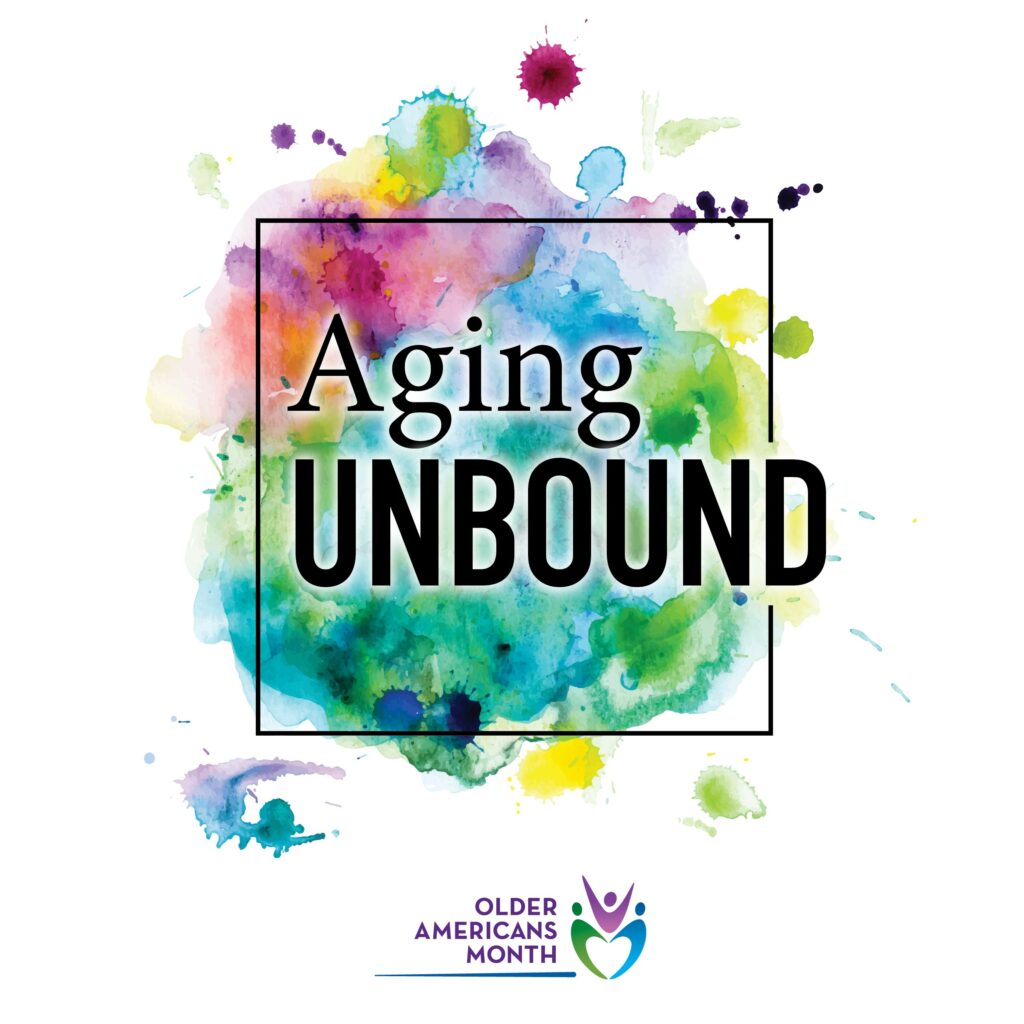What Common Health Problems are Linked to Risk of Alzheimer’s?

If your cholesterol or blood sugar levels are not where they should be — beginning as early as age 35 — you might be at higher risk for being diagnosed with Alzheimer’s disease later in life, according to a recent study.
How Do I Get More Brain Power?

Here are seven habits that can boost your brain health in your 50s and beyond.
Executive Order Helps Caregivers with Long-Term Care

President Joe Biden on Tuesday signed an executive order in the Rose Garden that issues more than 50 directives across nearly every Cabinet-level agency in an effort to expand access to long-term care and childcare.
Is Premature Cardiovascular Disease Connected to Faster Cognitive Decline?

Premature cardiovascular disease (CVD) was associated with accelerated decline in cognition and white matter health in midlife, a large prospective cohort study showed.
Can We Learn from the Presley’s Estate Fight?

Priscilla Presley’s fight to remain trustee of Lisa Marie Presley’s trust can teach anyone a few lessons on proper estate planning.
Understanding the Issues of Elder Law

The three main areas of focus for elder law attorneys include health care, estate and tax planning and guardianship matters.
May is Older American’s Month

Every May, the Administration for Community Living leads the nation’s observance of Older Americans Month (OAM). The 2023 theme is Aging Unbound, which offers an opportunity to explore diverse aging experiences and discuss how communities can combat stereotypes. Join us in promoting flexible thinking about aging – and how we all benefit when older adults remain engaged, independent, and included.
How to Talk to Parents about Estate Planning

With nearly 90% of caregivers providing care to a family member, and the holidays rapidly approaching, it is an opportune time to check in with both aging family members, as well as those performing caregiving duties.
Don’t Delay Advance Directives

Some people think that, because their assets are jointly owned with a spouse or are in a trust, they do not need a Power of Attorney, or that if they become incapacitated, their spouse automatically has the authority to make medical decisions on their behalf.
Should I Spend Assets, so Spouse’s Nursing Home Stay Is Covered by Medicaid?

My spouse is going to have to move to a nursing home. When spending down assets for the sick spouse to qualify for Medicaid, does it have to be done before sick spouse is sent to a nursing home or can it be done even after the sick spouse is admitted to a nursing home?


